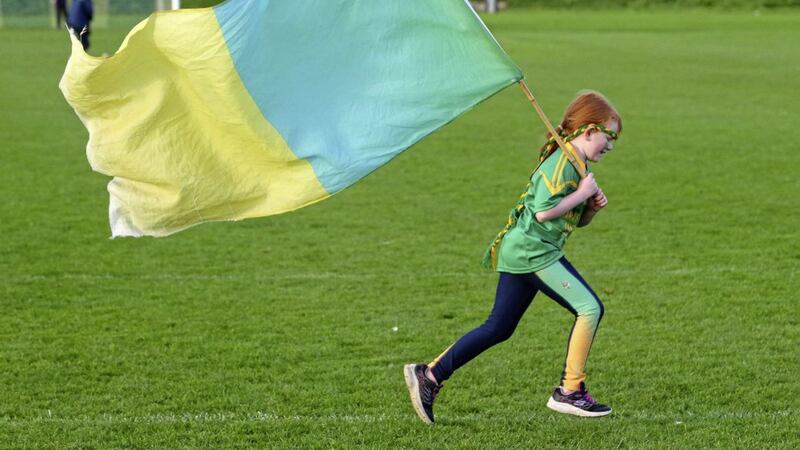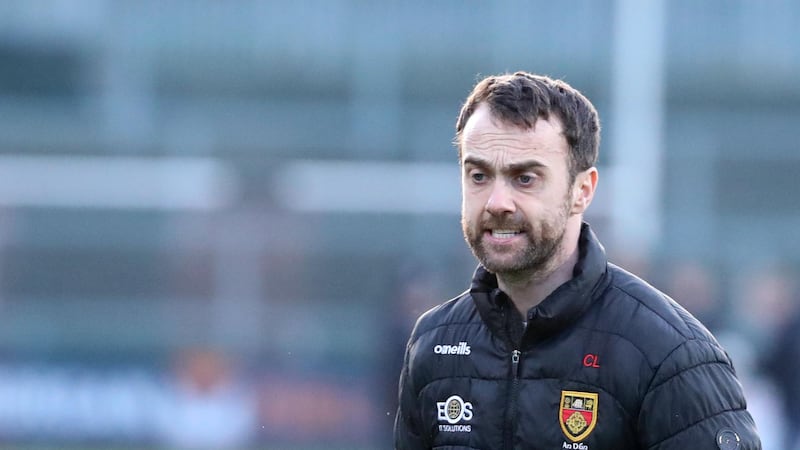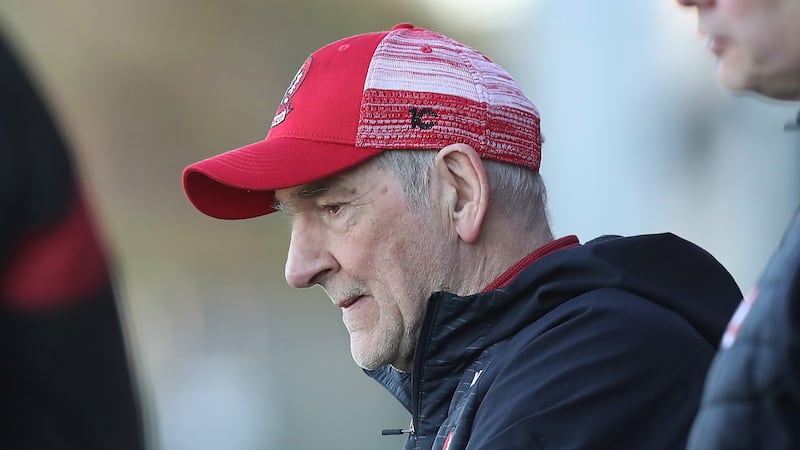WHEN the split season emerged many in local sports journalism celebrated the move. Although the Dr McKenna Cup had produced some decent football and did a good job of chasing the post-Christmas blues away, it was always going to be one of the first competitions to fall.
In truth, our lap-tops felt a little heavier going to McKenna Cup group games on bitterly cold Saturday nights. Probably like a player's kitbag entering a freezing changing room in January.
There was a time the whole inter-county gig just got out of hand. And we all remember the pre-Christmas Ó Fiadh Cup.
It’s hard to believe we lived through this madness and the GAA let it happen and waffled on about player burn-out at the same time. The inter-county season was stretched out and was becoming a joyless pursuit for players and supporters.
It took a global pandemic to make sense of the GAA calendar. While the extended inter-county season was a lucrative prospect for some people, having virtually half of the year handed over to the clubs was cause for celebration on so many levels.
County players breathed a huge sigh of relief too and were no longer being pulled in different directions. I spoke to many county players since the formation of the new split season and they're genuinely delighted at feeling a proper, fully-fledged member of their club team again.
The split season offered new opportunities to local journalists too. They would no longer be handcuffed to a succession of press days and nights where the same players of the same teams were rolled out.
The media training would kick into gear and a big bag of clichés would be unashamedly poured into our recording devices.
Who would actually read this stuff and feel informed?
The vice-like choreography of these events killed our spirits a long time ago. If there was one way to market your wares, this was not it.
It literally reached the stage where you ran out of questions to ask these same players.
Meanwhile, new players were kept away from the media spotlight like frightened lambs.
So the whole thing became tired and jaded.
Over two decades in this job, the club season – permanently squeezed as it was – became the most enjoyable aspect of this line of work.
The county championships, the high road to the provincials, the narrowing pathway to the All-Ireland for the fortunate few, the incredible journeys that took place every winter.
From Cushendun to Mullinalaghta, every GAA club could understand each other’s journey and wanted to share and celebrate them.
In those fleeting moments of success, they could all remember the lean years – because everybody has lean years – and building from nothing again.
There were so many rich narratives out there that were just dying to be told. Clubs trying to end famines, players and teams climbing mountains all around the country. Falling and regrouping and climbing again.
Dunloy hurling manager Gregory O’Kane summed it up perfectly after guiding the Cuchullain’s to a third straight county title last month.
“People,” he said, “talk about clubs; really and truly it’s just families when you think about it. Without that we are nothing. And that’s the GAA.”
The split season is a wide, open highway of opportunity for clubs – where they’re no longer an after-thought because of the cluttered nature of the calendar, where the full focus of the media can be upon them, because you never know the next time they’ll come knocking to celebrate a few families climbing mountains together and leaving an archive of an unforgettable winter.
For some, it could be 50 years before the tiny, hinterland club scales the mountain peaks again and attracts a wider audience.
Lamentably, the club circuit is losing its innocence.
Bit by bit, it has become infected by the inter-county scene where club managers are shutting the door on media exposure and swearing their players to silence.
‘If our opponents aren’t talking to the ‘meedja’ – we’re not talking to the ‘meedja’.’
I can only speak from over 20 years of experience, but a newspaper article has never decided a big game.
Some managers may beg to differ, but I don’t believe them. They merely give some members of the media an inflated opinion of themselves and exaggerate their influence when, really and truly, all we’re doing in the build-up and on match day is providing a bit of colour to the occasion.
There is a desperate insecurity about media bans and denying players and their families the chance to celebrate uplifting journeys. Life journeys.
Of course, media exposure is not every player’s thing. Some genuinely like to keep their heads down.
Equally, not every club team clams up at the first sight of a journalist.
Take Erin’s Own, Cargin for example. Despite being dethroned in a memorable county semi-final by neighbours Kickham’s Creggan last weekend, they didn’t make an issue of speaking to the press.
Tomas McCann spoke freely about their historic rivalry with St Gall’s ahead of their recent quarter-final meeting.
After the game, Michael Magill spoke about how his father’s recent passing gave him the strength to come out of retirement and pursue another county championship.
In all honesty, the control freakery of some – not all – club managers has gotten out of hand.
They would happily depict the God-awful ‘meedja’ as a bunch of red-tops hiding in the bushes, ready to pounce, ready to misquote and disfigure the true picture.
Media bans don’t make any sense, and they never will. It's a tactic that's as old as the hills.
Clubs fortunate to reach the latter stages of county championships should embrace these days, not fear them in any shape or form.
They are to be lived in the fullest sense.
Because when the dust settles and careers are firmly in the rear view it’ll be a crying shame that there are more and more empty scrapbooks that didn’t celebrate that unforgettable winter.








